Step-by-Step Guide to Study in Ireland: Requirements, Costs & Visa Process
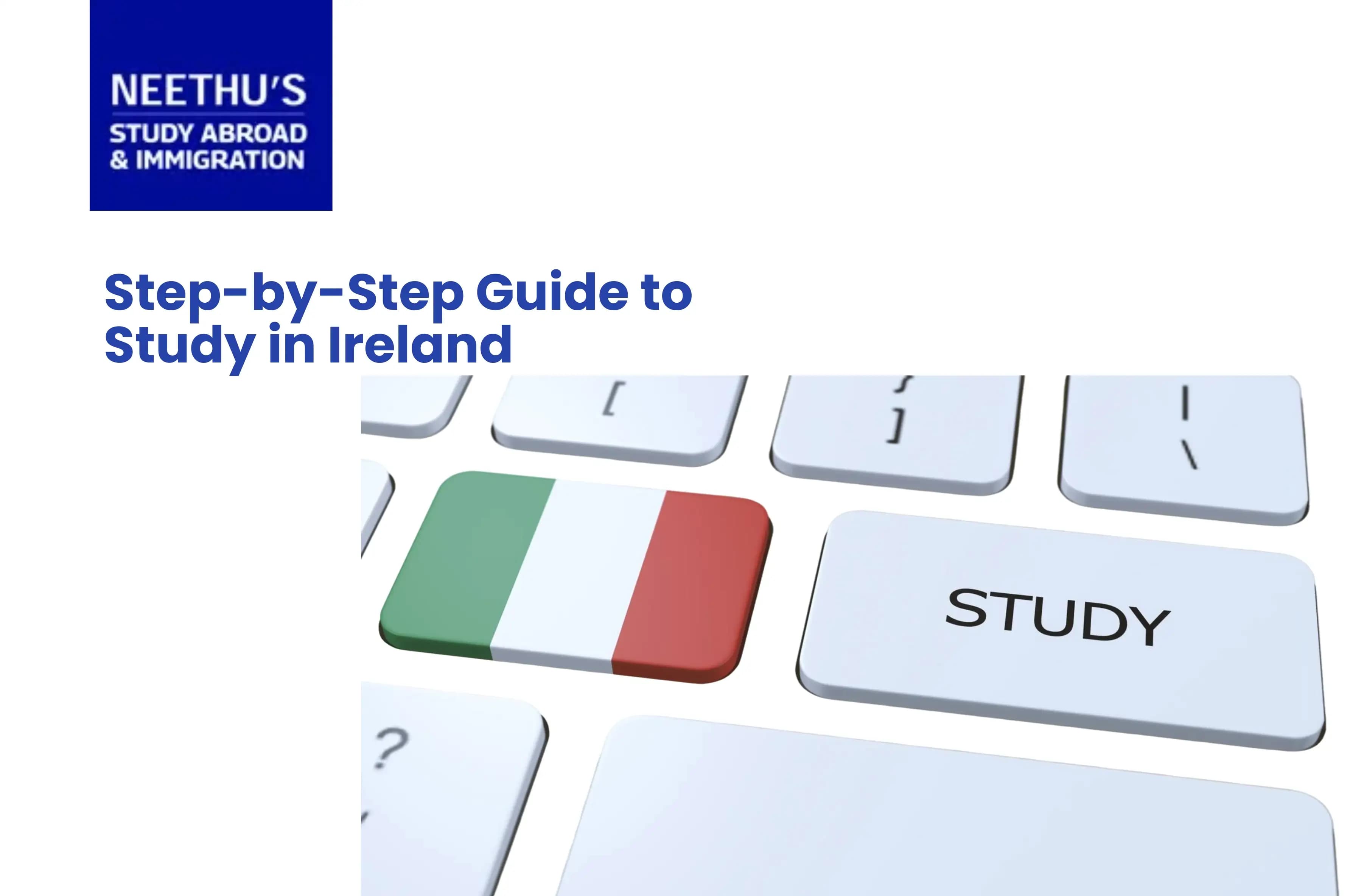
Ireland is becoming a popular place for international students as a study-abroad destination. With its quality education system, globally accredited universities, and vibrant student life, Ireland is an ideal place for academic and professional growth. Whether you are looking to study at the undergraduate or master's level, Ireland offers a vast range of courses in different disciplines.
For Indian students and other foreign students, learning in Ireland involves several steps. These include selection of the university, meeting the admission requirements, obtaining funding, obtaining a visa, and integration. In this blog, we will guide you through each and every step to make it easier for you.
Researching Study Options
The choice of university and course is the first step toward your study-abroad experience. Ireland has several internationally recognized universities that offer engineering, business, healthcare, information technology, and other degrees.
Top Universities in Ireland for International Students
-
Trinity College Dublin (TCD) – Ireland's finest, ranked among the world elite.
-
University College Dublin (UCD) – Renowned for research-based courses and industry connections.
-
National University of Ireland, Galway (NUIG) – Offers a broad range of courses and top-class student support facilities.
-
University College Cork (UCC) – Renowned for academic success and high rates of employability.
-
Dublin City University (DCU) – A top university renowned for innovation and industry partnerships.
All universities have their strengths, so it is necessary to investigate programs that suit your career goals.
Understanding Admission Requirements
To gain admission into an Irish university, international students are required to meet certain academic and language criteria.
Basic Criteria to Study in Ireland for International Students
Academic Qualifications:
-
The undergraduate programs require a high school certificate with satisfactory marks.
-
Master programs require a bachelor's degree in the same discipline, usually with a minimum GPA requirement.
English Language Proficiency:
-
All of the institutions welcome IELTS (minimum: 6.0–7.0) or TOEFL (minimum: 80–100).
-
Some colleges also accept PTE or Duolingo scores.
Supporting Documents:
-
Statement of Purpose (SOP) that details your academic goals.
-
Professors or employers' Letters of Recommendation (LORs).
-
Resume or Curriculum Vitae (CV) for Master's and PhD applications.
Meeting these requirements is highly significant for securing admission, so ensure you refer to specific university guidelines.
Financial Planning
The cost of studying in Ireland varies with the university, course, and lifestyle. Proper financial planning avoids unnecessary stress later.
Estimated Expenses:
-
Tuition Fees:
Undergraduate: €9,000–€25,000 per year
Postgraduate: €10,000–€35,000 per year
-
Living Expenses:
Accommodation: €4,000–€8,000 per year
Food, travel, and personal expenses: €6,000–€8,000 per year
Health insurance: €500–€1,000 per year
It is essential to budget for these expenses and explore funding opportunities such as scholarships and part-time work.
Discovering Scholarships and Financial Aid
To lower the spending, many government institutions and universities provide scholarships for foreign students.
Popular Scholarships to Pursue Higher Education in Ireland:
-
Government of Ireland International Education Scholarship – Fully covers the fee and includes an extra stipend of €10,000.
-
University-Based Scholarships – Most universities, e.g., Trinity College Dublin and UCD, offer merit scholarships.
-
Education in Ireland Scholarships – Provides grants to candidates from non-EU countries.
-
Indian Government Scholarships – Scholarships like the ICCR Scholarship and JN Tata Endowment help Indian students.
Apply for scholarships ahead of time to prevent missing deadlines to stand greater chances of getting financial help.
How to Apply
-
Choose colleges and programs that align with your career and professional objectives.
-
Verify application deadlines, typically between September and March of the subsequent year.
-
Gather necessary documents such as transcripts, SOP, LORs, and English test scores.
-
Submit applications through the university portal or Central Applications Office (CAO) for undergraduate courses.
-
Wait for admission results and confirm the offer letter.
-
After getting admitted, the next step is to apply for an Ireland study visa.
Ireland Study Visa Process
International students must hold a D visa (long-stay study visa) to pursue studies in Ireland.
Ireland Study Visa Process:
-
Collect the required documents:
University acceptance letter
Proof of adequate funds (€10,000 minimum living costs)
Medical insurance
Passport and recent photographs
English language test results -
Application for the visa to be done online through the Irish Naturalisation and Immigration Service (INIS) website.
-
Attend a visa interview if required by the consulate.
-
Wait for the visa to be approved, which should take 4–8 weeks. Early application prevents the inconvenience of a last-minute visa process.
Preparation for Departure
When your visa is approved, it's time to get ready to leave.
Pre-Departure Checklist:
-
Book air ticket well in advance to obtain a good price.
-
Accommodation planning – From dormitory to university to staying in private homes.
-
Pack important documents – Bring visa, letter of admission, health insurance, and photocopy of financial documents.
-
Be prepared for Ireland's weather which can be cold and rainy.
-
Learn as much as you can about the Irish culture so that the process becomes smoother.
Good planning would make you settle quickly and smoothly.
Settling in Ireland
The initial weeks in a new country can be overwhelming, but the transition becomes smoother with proper measures.
Important Steps Upon Arrival:
Register with Irish Immigration to receive the Irish Residence Permit (IRP).
Open a bank account to deal with your finances effectively.
Secure a student travel card to avail cheap public transport.
Become a part of student associations to form friends and widen your social circle.
Discover part-time employment – International students can work 20 hours a week during the semester.
Adjusting to a new setting takes time, but mixing with local and international communities will make it fun.
Best Study Abroad Consultant in Kerala
For Indian students, Neethu's Academy is the go-to place when it comes to study abroad consultation.
Why Neethu's Academy?
Personalized Counseling – Personalized guidance on university selection and admission.
Visa Support – Guidance with Ireland's visa application process and documentation.
Scholarship Advice – Information on funds available.
Pre-Departure Briefing – Insight into Irish lifestyle, living expenses, and student life.
Neethu's Academy, as an experienced overseas education consultancy, offers a hassle-free study-abroad experience.
Conclusion
Studying in Ireland offers a unique chance to enjoy a world-class education in a lively international environment. From choosing the institution to attaining funds, visa application, and settling down, every step is crucial and must be planned carefully.
Whether you are undertaking undergraduate or master's courses in Ireland as an international student, this blog contains everything you need to be successful. With professional guidance from Neethu's Academy, you can make studying in Ireland a reality.
If you are ready to get started, begin your application today and step into an enriching learning experience in Ireland!
Frequently Asked Questions
What is the step-by-step process for studying in Ireland?
To study in Ireland, you must select a university, fulfill admission criteria, obtain a student visa, arrange finances, and make preparations for your relocation.
How much do I need to study in Ireland?
The fee for studying in Ireland varies from €9,000–€35,000 per annum for tuition fee charges, and an additional €10,000–€15,000 per annum for living costs.
Is it possible to study in Ireland without IELTS?
Yes, certain universities will accept alternatives such as TOEFL, PTE, Duolingo, or proof of previous education in English rather than IELTS.
Can I study in Ireland with a 50% mark?
Admission criteria differ, but some universities and private colleges will accept students with lower academic marks based on other qualifications, work experience, or foundation courses.
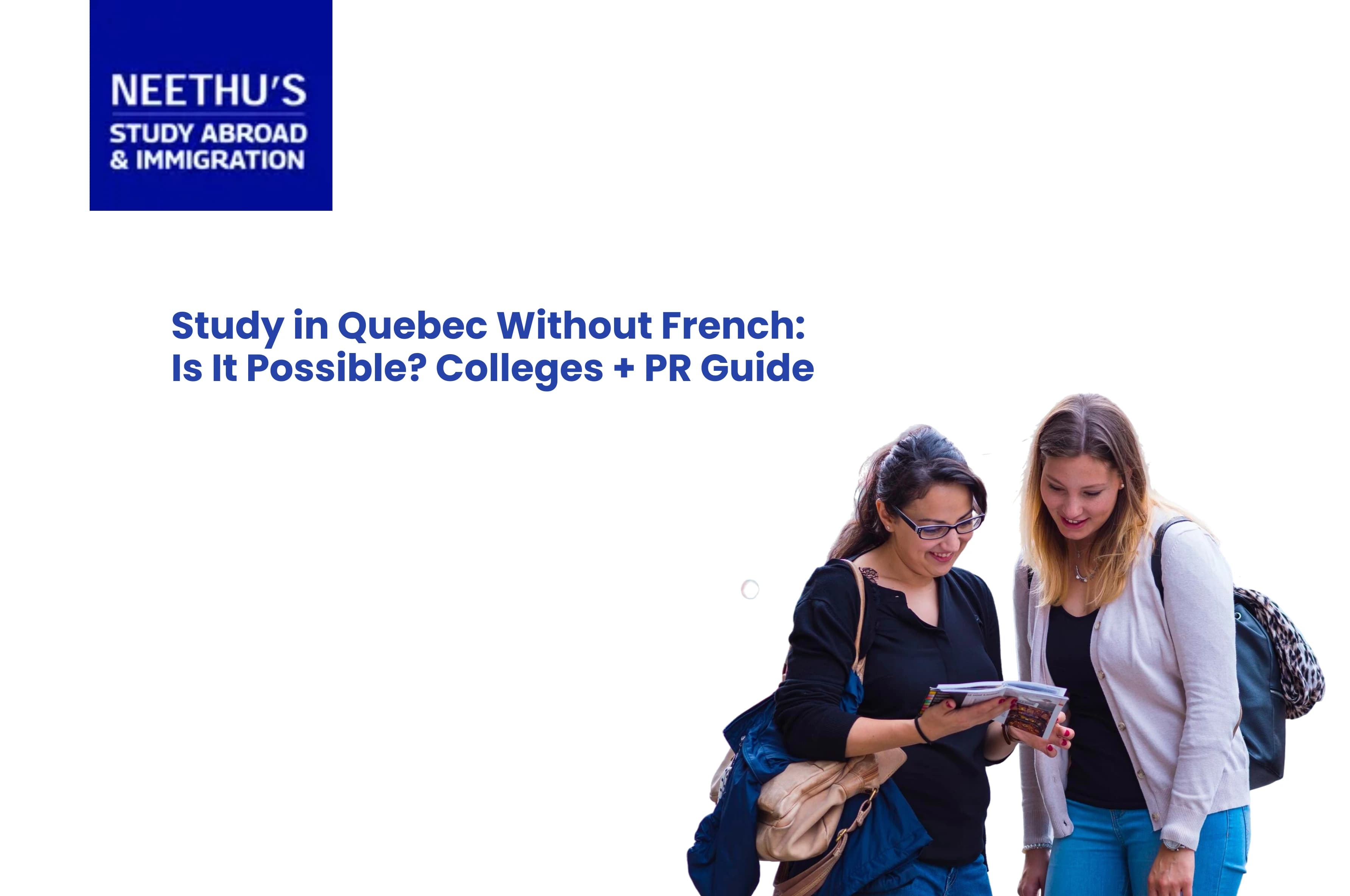





















_03-12-2025_01-17-26%20PM.webp&w=3840&q=75)
_02-12-2025_03-07-49%20PM.webp&w=3840&q=75)

_27-11-2025_04-06-24%20PM.webp&w=3840&q=75)
_25-11-2025_04-38-18%20PM.webp&w=3840&q=75)
_24-11-2025_03-20-26%20PM.webp&w=3840&q=75)
_22-11-2025_12-44-47%20PM.webp&w=3840&q=75)
_21-11-2025_04-17-47%20PM.webp&w=3840&q=75)
_20-11-2025_03-55-26%20PM.webp&w=3840&q=75)
_18-11-2025_04-00-40%20PM.webp&w=3840&q=75)
_15-11-2025_10-48-43%20AM.webp&w=3840&q=75)
%20(1)_14-11-2025_03-52-25%20PM.webp&w=3840&q=75)
_13-11-2025_03-02-38%20PM.webp&w=3840&q=75)
_08-11-2025_04-15-36%20PM.webp&w=3840&q=75)
_05-11-2025_04-01-50%20PM.webp&w=3840&q=75)
_05-11-2025_03-46-26%20PM.webp&w=3840&q=75)
_03-11-2025_03-31-09%20PM.webp&w=3840&q=75)
_04-11-2025_.webp&w=3840&q=75)
_04-11-2025_.webp&w=3840&q=75)
_28-10-2025_04-09-08%20PM.webp&w=3840&q=75)
_24-10-2025_05-10-31%20PM.webp&w=3840&q=75)
_24-10-2025_04-55-51%20PM.webp&w=3840&q=75)
_22-10-2025_04-40-20%20PM.webp&w=3840&q=75)
%20(1)_21-10-2025_03-05-46%20PM.webp&w=3840&q=75)
_21-10-2025_02-43-15%20PM.webp&w=3840&q=75)
_17-10-2025_05-08-52%20PM.webp&w=3840&q=75)
_17-10-2025_04-54-54%20PM.webp&w=3840&q=75)
_15-10-2025_03-46-47%20PM.webp&w=3840&q=75)
_14-10-2025_03-42-40%20PM.webp&w=3840&q=75)
_14-10-2025_03-29-48%20PM.webp&w=3840&q=75)
_13-10-2025_03-48-51%20PM.webp&w=3840&q=75)
_11-10-2025_04-28-42%20PM.webp&w=3840&q=75)
%20(1)_09-10-2025_04-12-08%20PM.webp&w=3840&q=75)
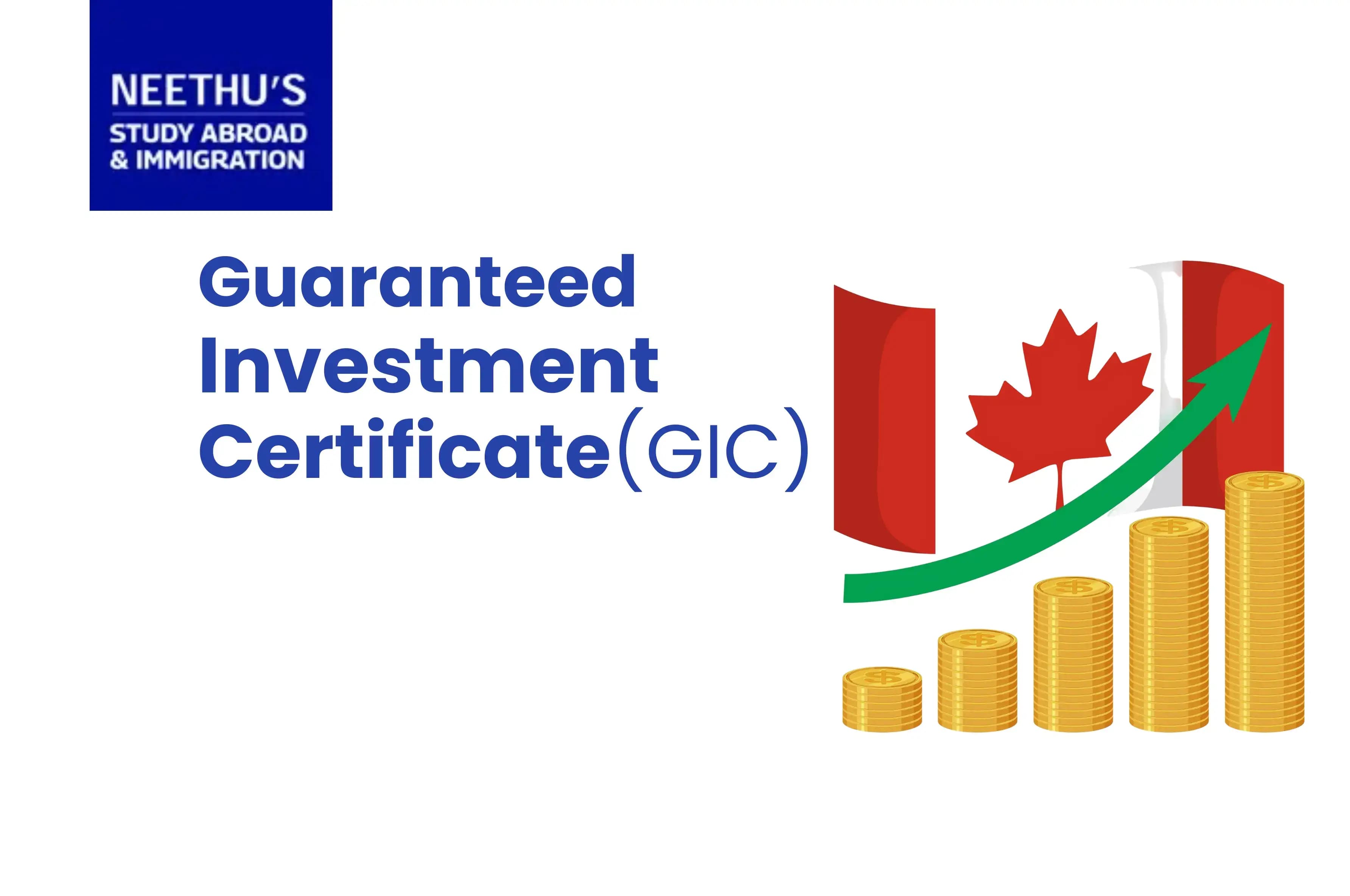
_07-10-2025_02-55-25%20PM.webp&w=3840&q=75)
_07-10-2025_02-39-51%20PM.webp&w=3840&q=75)
_06-10-2025_03-42-37%20PM.webp&w=3840&q=75)
_03-10-2025_04-42-59%20PM.webp&w=3840&q=75)
_01-10-2025_11-12-12%20AM.webp&w=3840&q=75)
%20(1)_29-09-2025_02-54-12%20PM.webp&w=3840&q=75)

_26-09-2025_12-14-18%20PM.webp&w=3840&q=75)
_24-09-2025_04-44-26%20PM.webp&w=3840&q=75)
_23-09-2025_04-14-36%20PM.webp&w=3840&q=75)
_22-09-2025_04-08-09%20PM.webp&w=3840&q=75)
_20-09-2025_03-26-03%20PM.webp&w=3840&q=75)
_17-09-2025_04-06-42%20PM.webp&w=3840&q=75)
_15-09-2025_04-43-43%20PM.webp&w=3840&q=75)
_13-09-2025_12-17-49%20PM.webp&w=3840&q=75)
_12-09-2025_04-31-36%20PM.webp&w=3840&q=75)
_12-09-2025_04-17-03%20PM.webp&w=3840&q=75)
_10-09-2025_03-59-59%20PM.webp&w=3840&q=75)
_09-09-2025_04-11-16%20PM.webp&w=3840&q=75)
_09-09-2025_03-53-52%20PM.webp&w=3840&q=75)
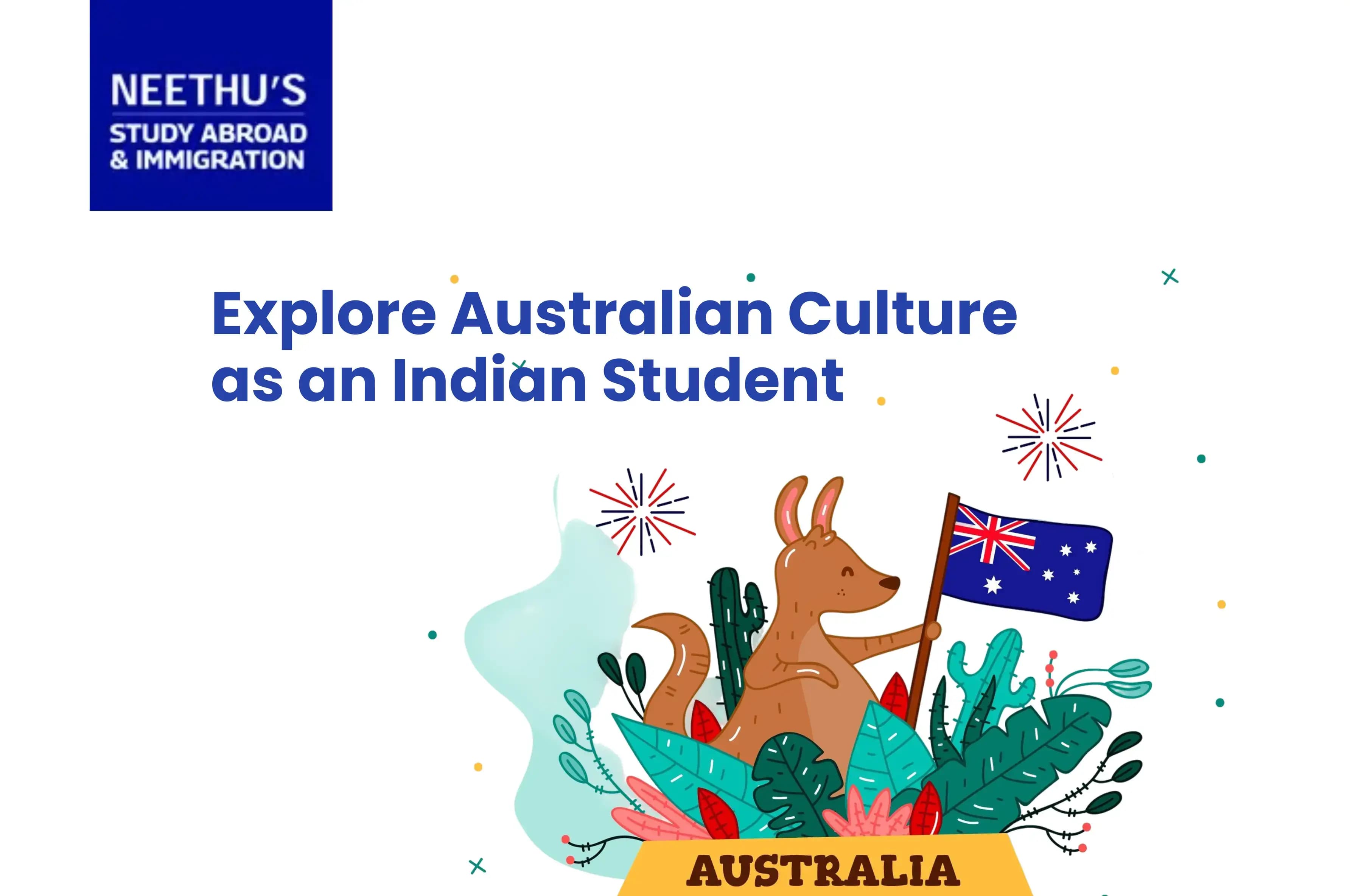

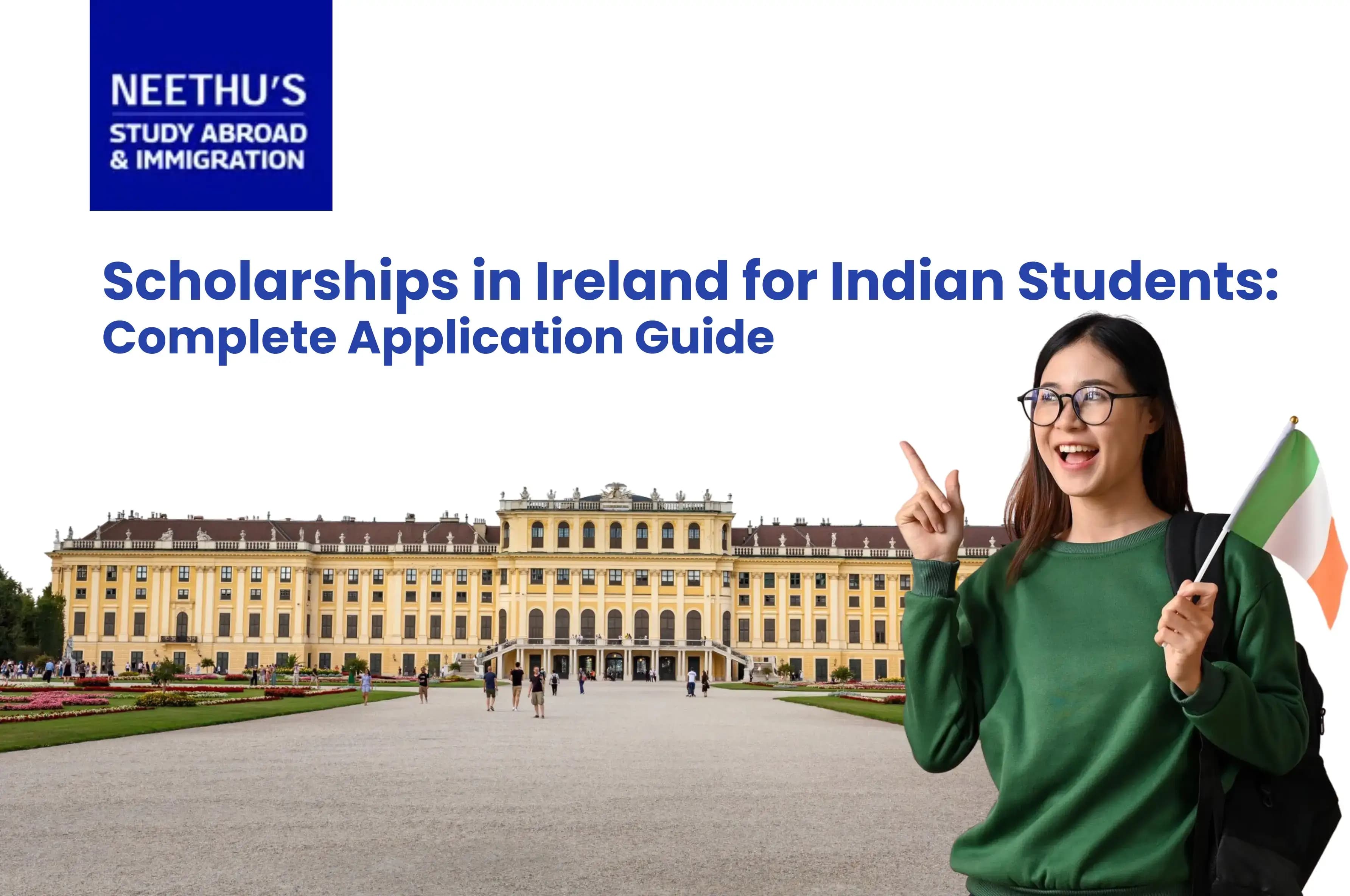


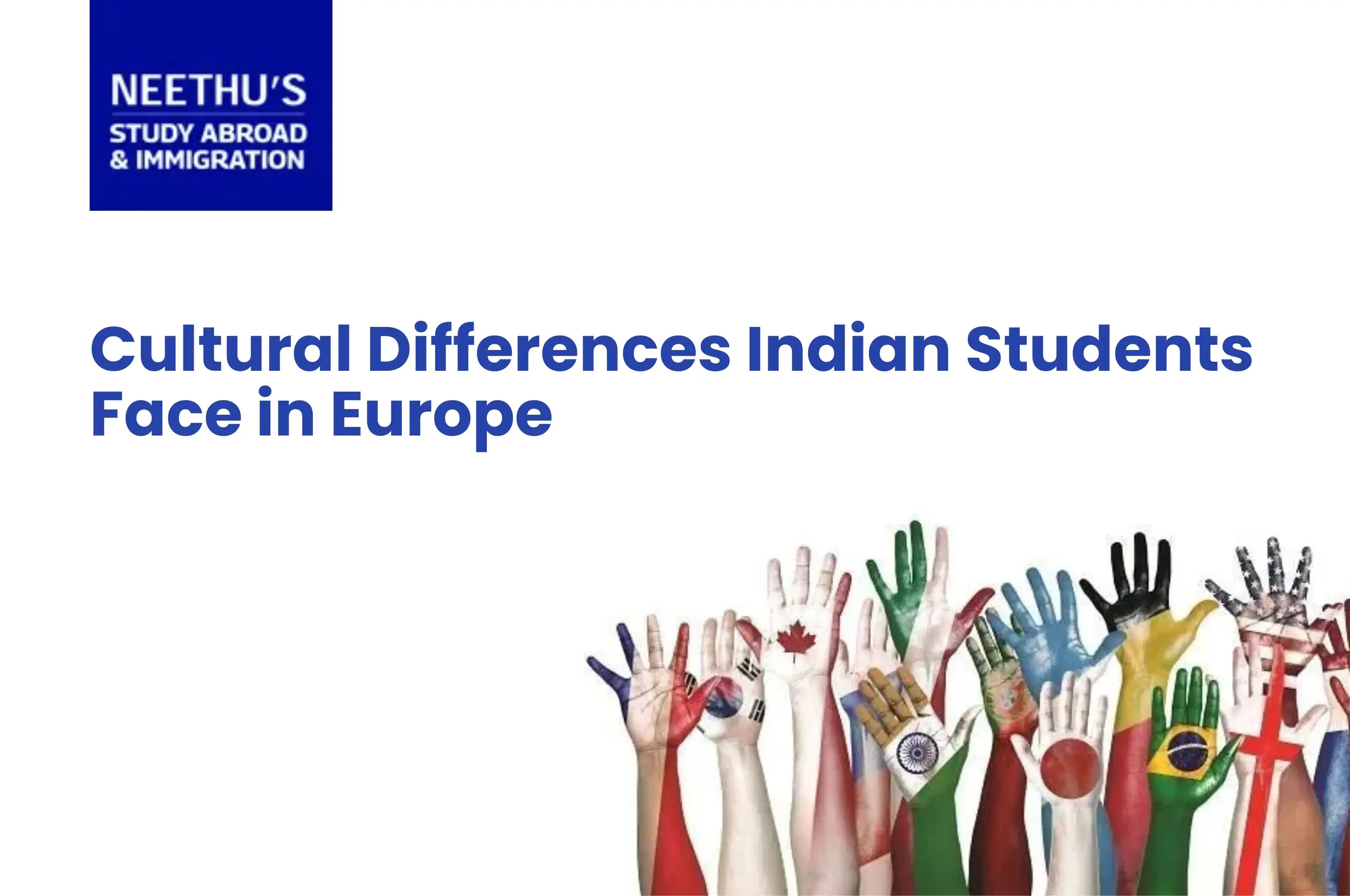





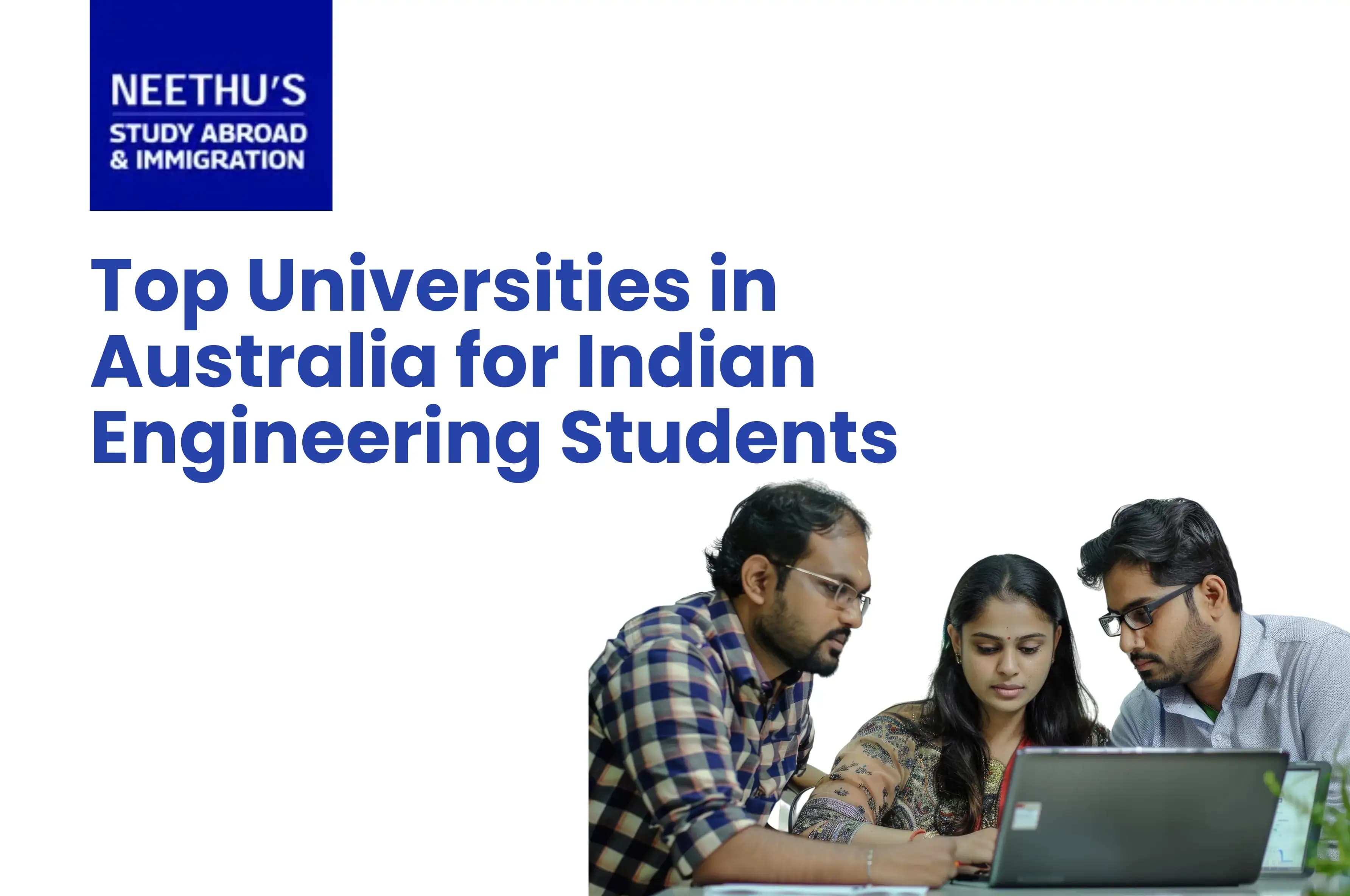







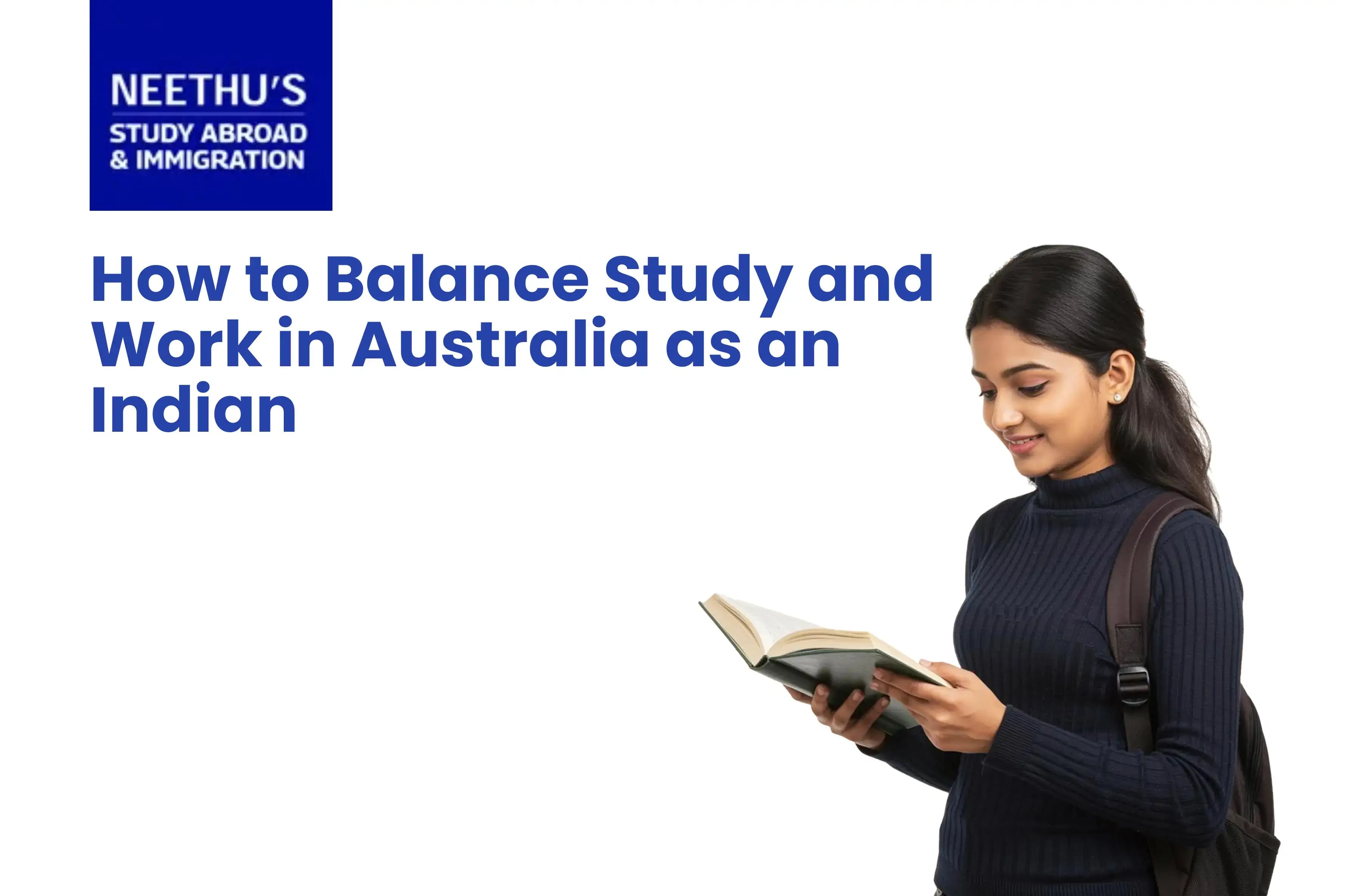





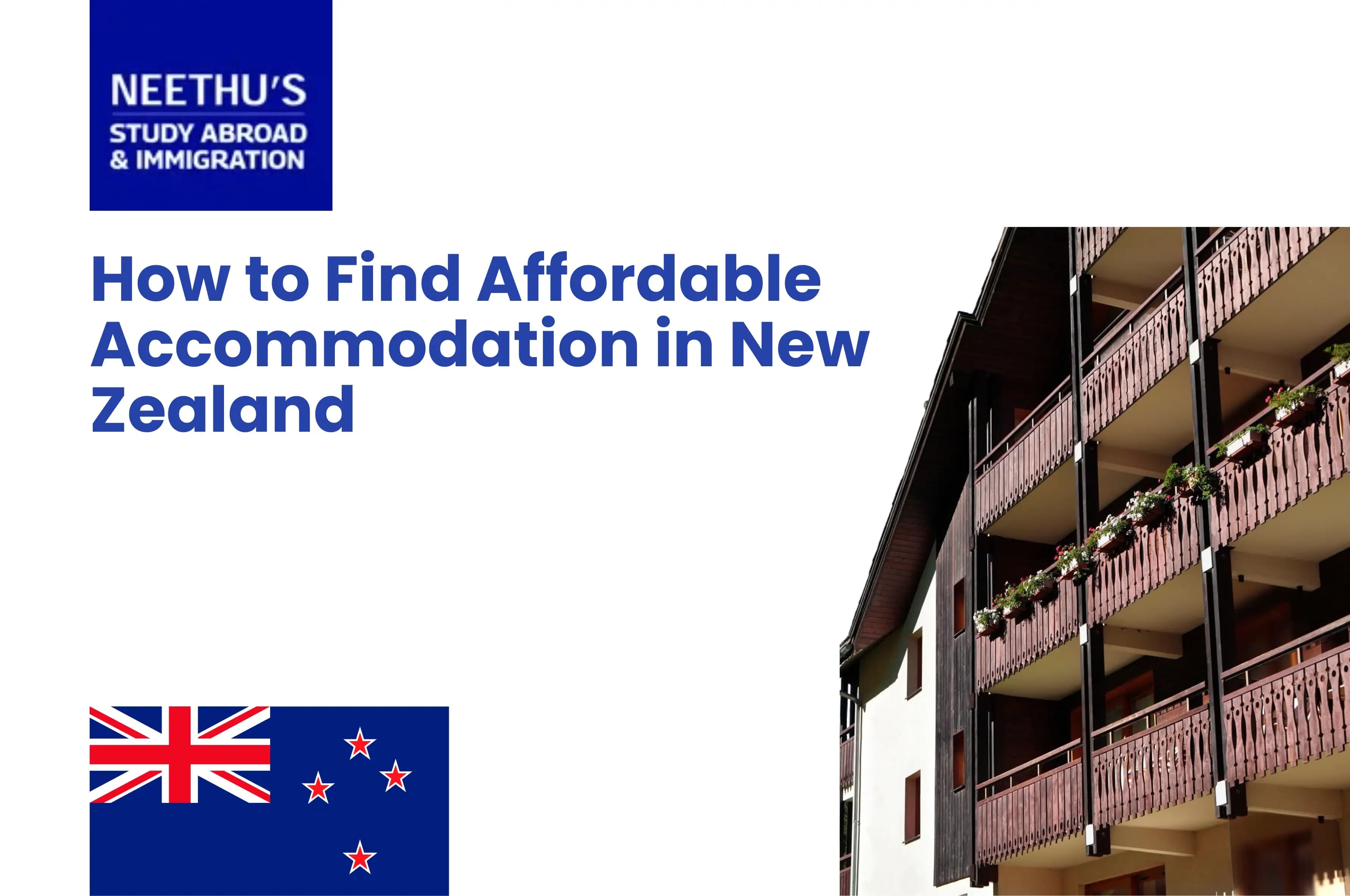

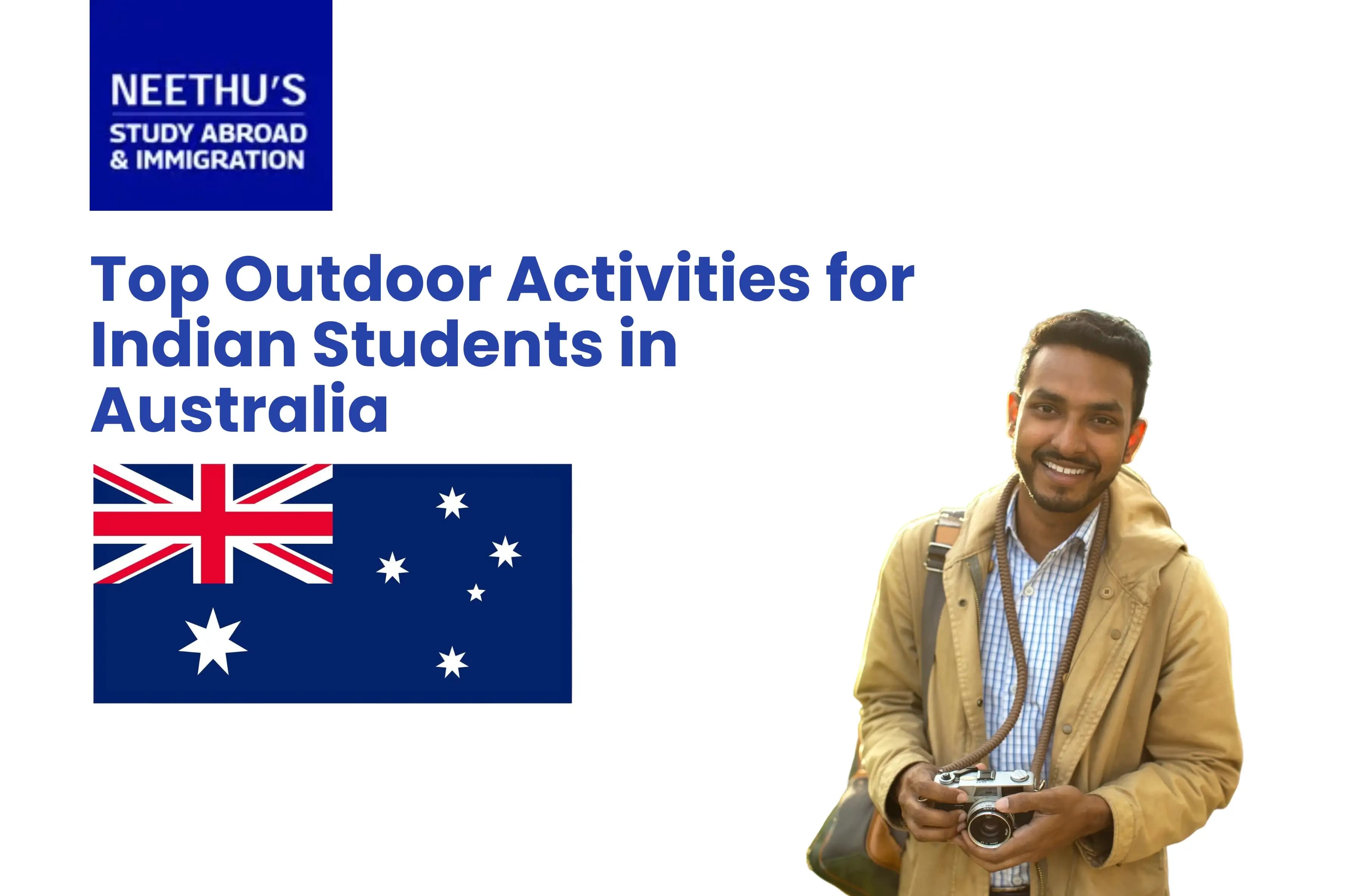















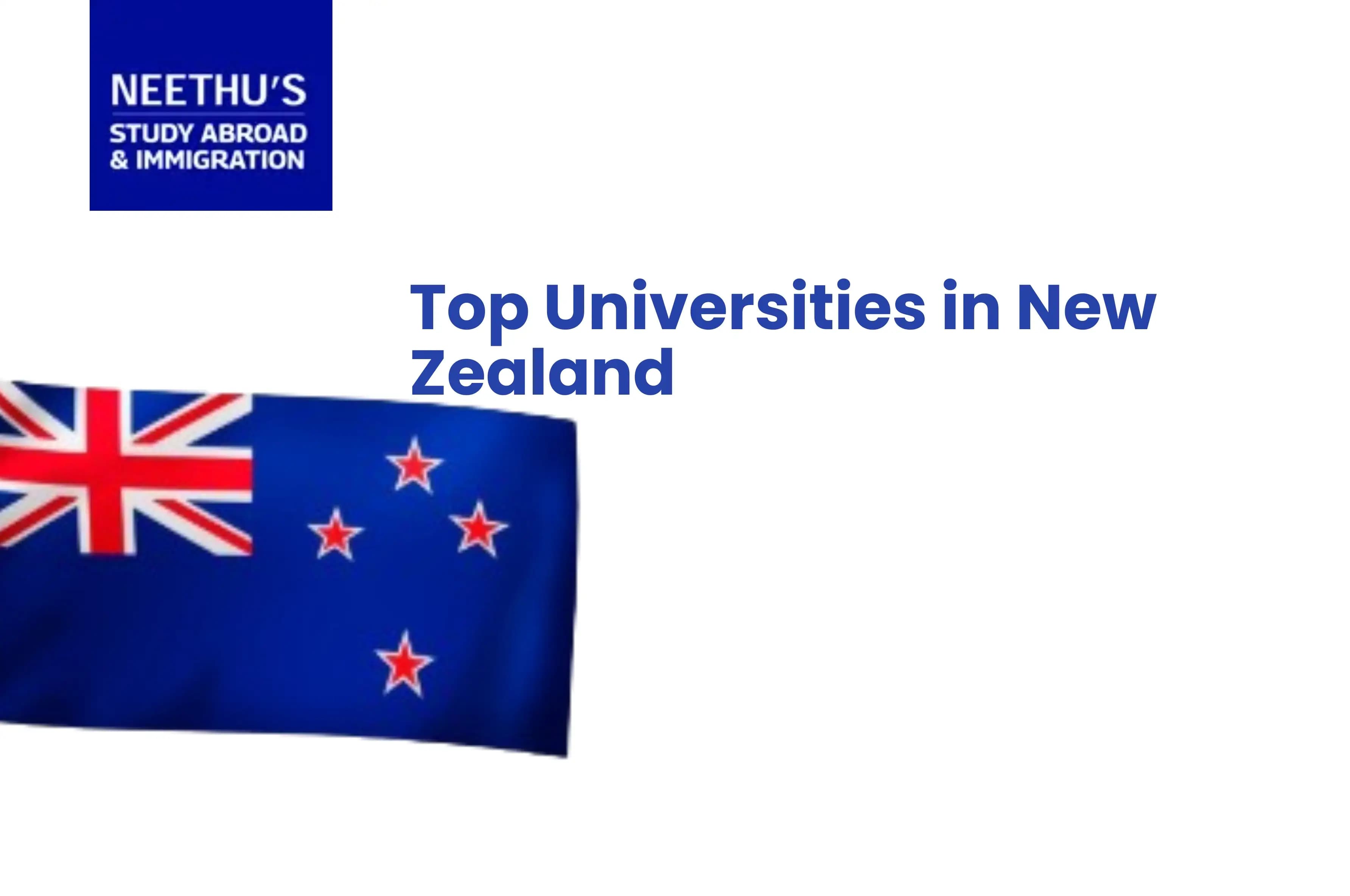
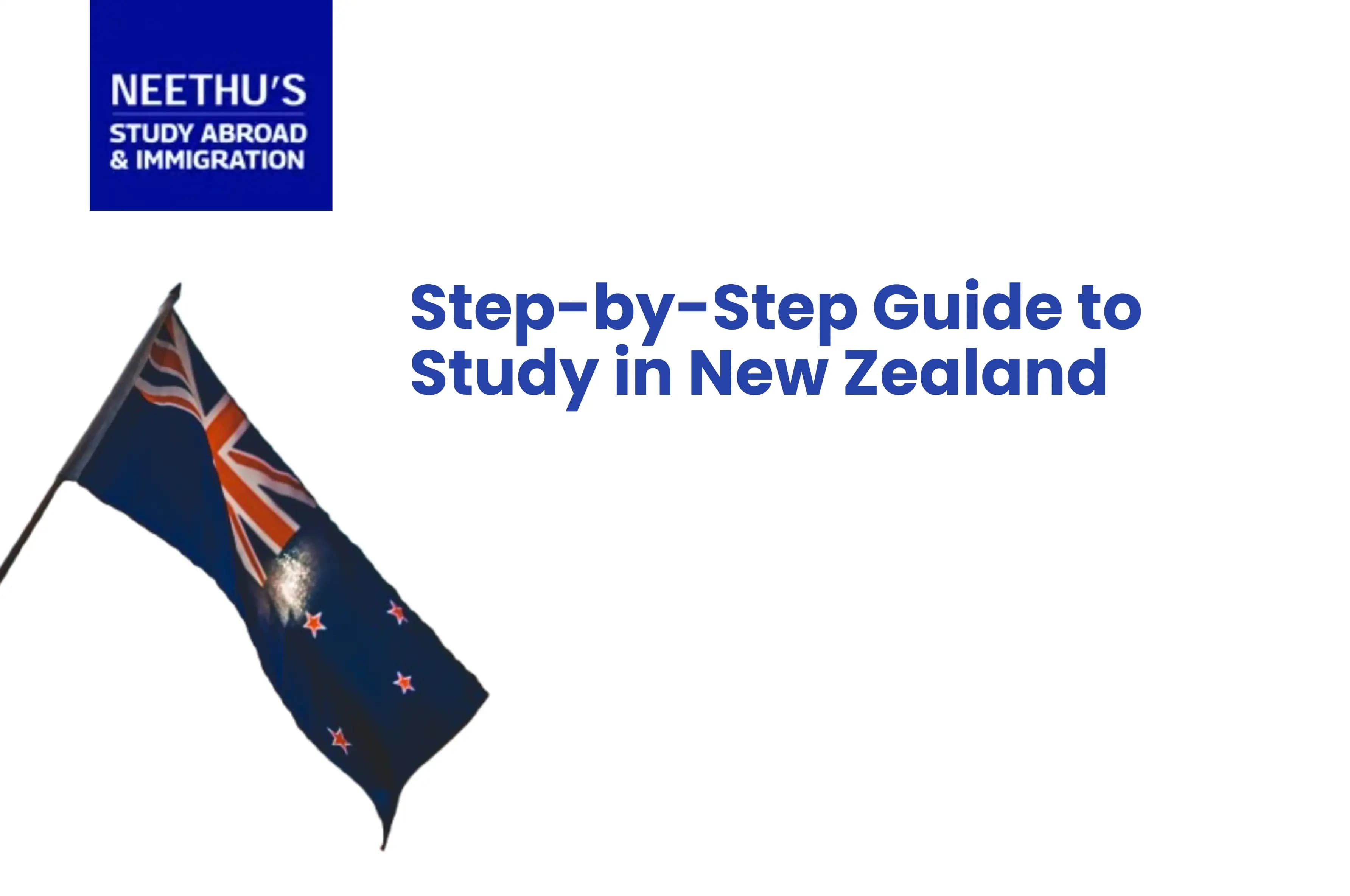

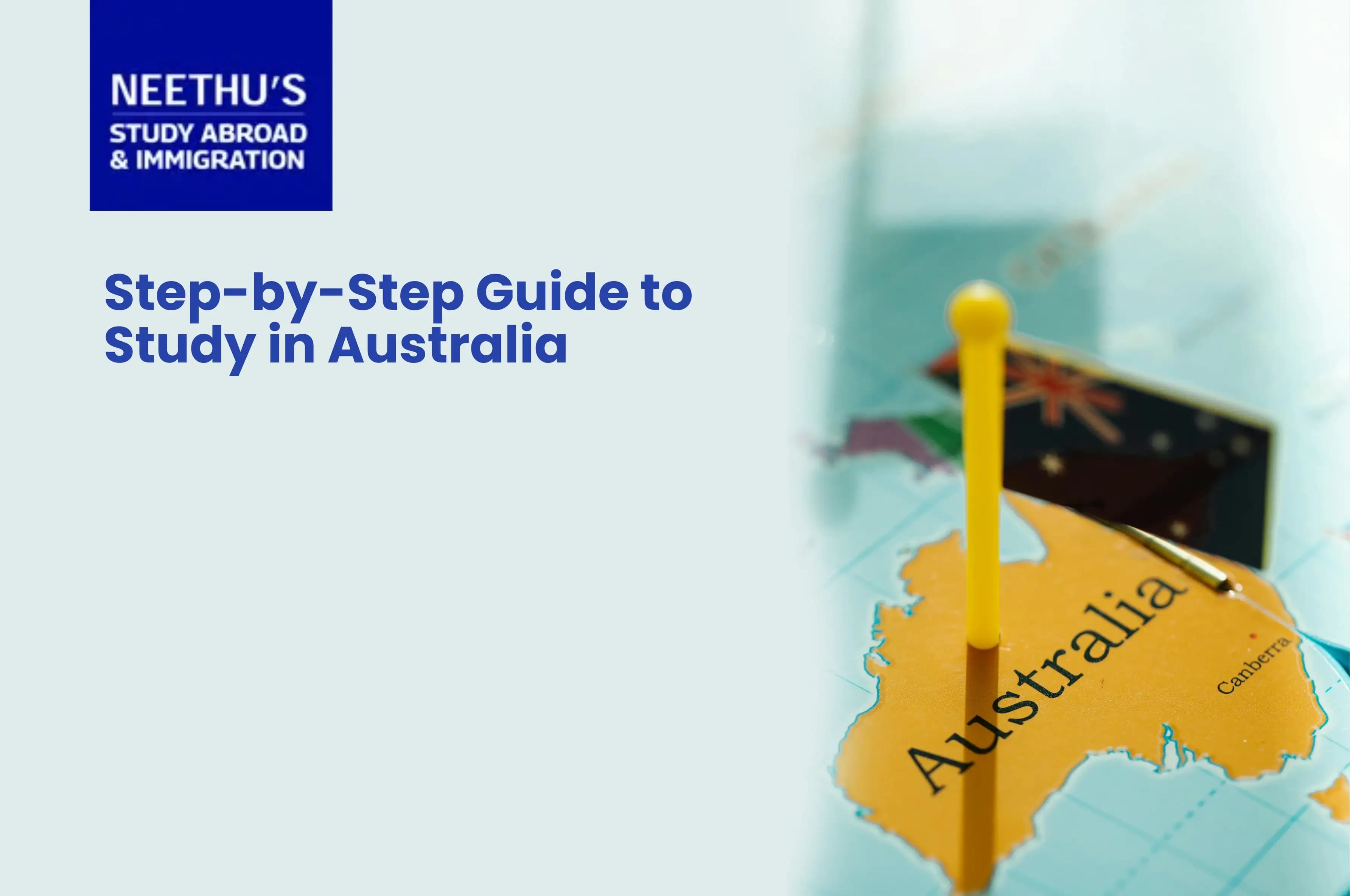




_12-06-2025_03-40-35%20PM.webp&w=3840&q=75)

